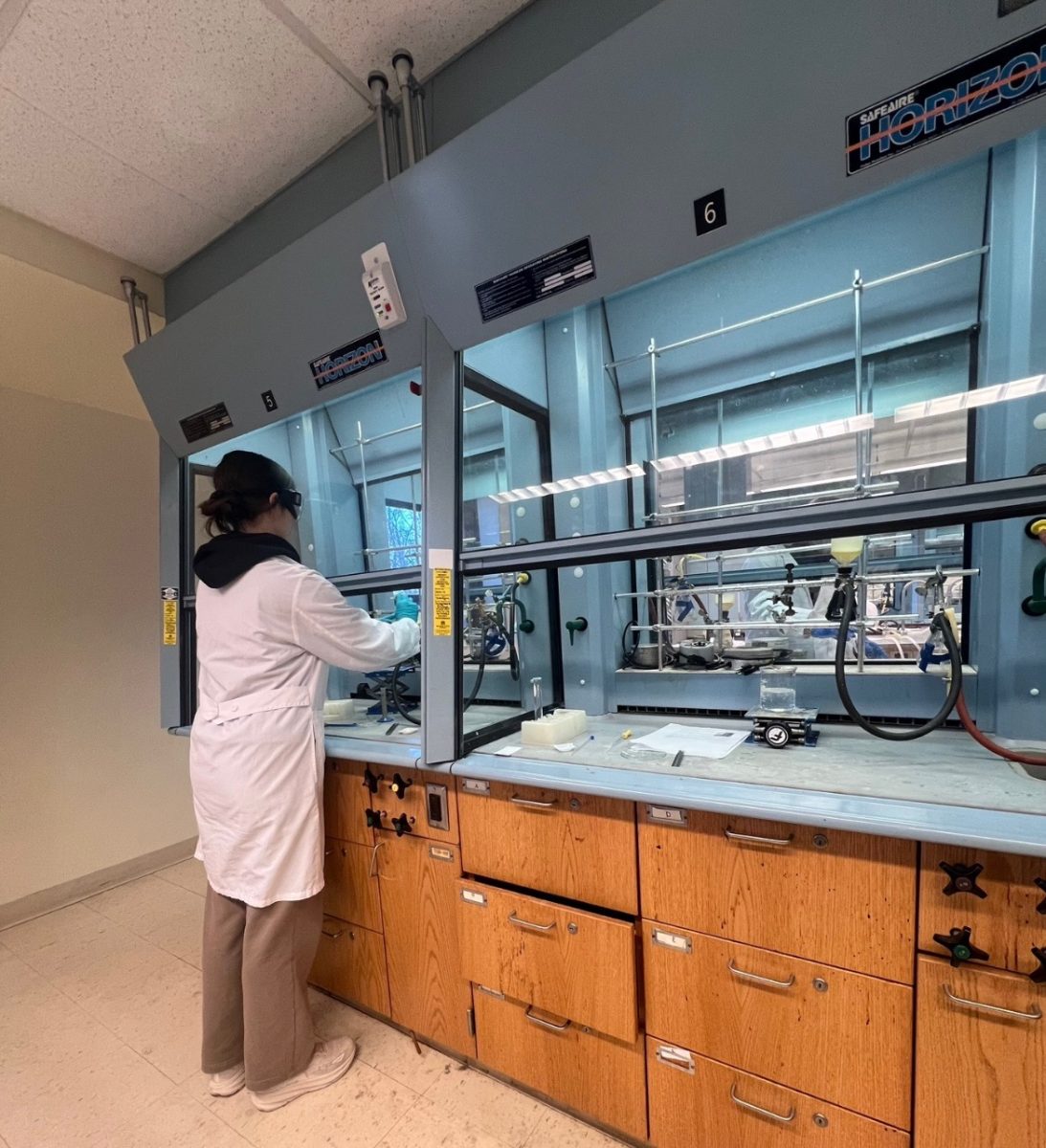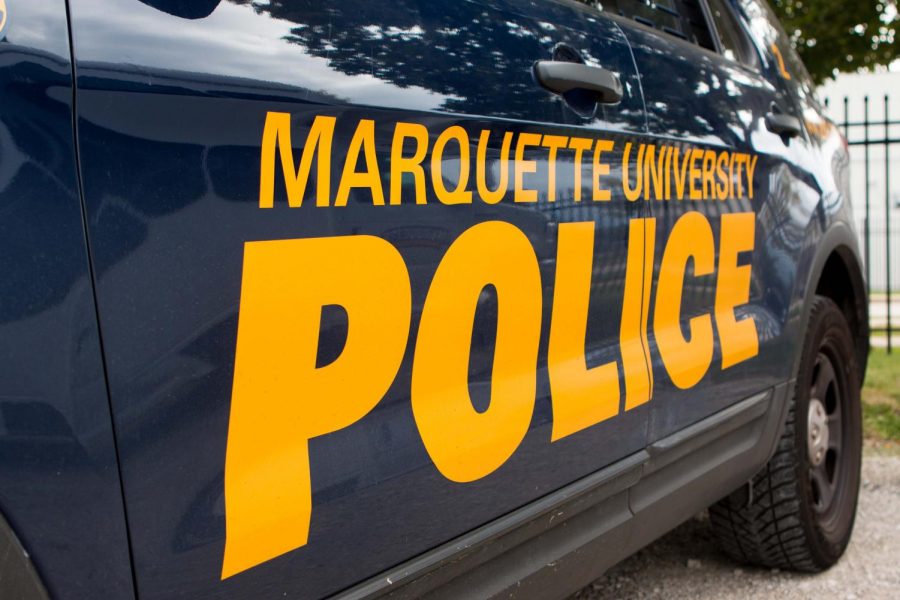The university must openly communicate threats to public health on campus, especially during an already worrisome pandemic.
Norovirus, which is a highly contagious stomach virus that can lead to muscle and stomach pains, nausea and vomiting, was detected in Straz Tower and Schroeder Hall last week.
Straz residents were told in an email Feb. 18 that when several illnesses were first reported in Straz Feb. 12, Marquette Dining Services and the Milwaukee Health Department conducted an investigation in the food preparation areas to see if there was food contamination. The health department determined that there was no contamination, and that the illness was due to norovirus instead.
An email was also sent to students living in Schroeder after a small number of cases were detected there as well.
In both emails, students were advised to wash hands with warm water and soap for 20 seconds after using the restroom, as using alcohol-based sanitizers are usually not effective against norovirus. Additionally, they were advised to isolate and avoid sharing food utensils at the first detection of symptoms, as well as to use chlorine bleach-based cleaner to wipe down surfaces touched by an ill person.
Considering that norovirus has already spread to two residence halls and is highly contagious, the university should release a statement informing the entire Marquette community. Students living in those two residence halls are not the only ones at risk; the university should be treating norovirus as a campus wide public health issue.
If students or families don’t know someone living in either Straz or Schroeder, it is unlikely that they know about norovirus spreading on campus.
Although students have limited interaction with one another in residence halls and classrooms due to COVID-19 restrictions, there is inevitably still direct or indirect contact among students, such as touching a door handle or desk surface.
Failing or refusing to inform the Marquette community about the norovirus outbreak on campus further puts students, faculty and staff as well as Milwaukee community members at risk as they may be less aware of their surroundings. Without accurate information, they are less equipped to take the necessary precautions to protect themselves and others from spreading the norovirus.
Additionally, the coronavirus is still present on campus. In the last 30 days, there have been nearly 60 positive cases of COVID-19, according to the Marquette University COVID-19 Dashboard. And those are only positive tests conducted by Marquette. Since the university allows community members to voluntarily disclose if they are in self-quarantine or isolation, it is difficult to accurately know how many cases there are on campus.
Norovirus may be less life-threatening than COVID-19, but that does not mean it should be taken any less seriously. Without transparency about the situation, Marquette community members may run the risk of contracting either of the viruses.
In order to protect campus health, Marquette should also be reinforcing COVID-19 protocols and ensuring that cleaning supplies and standards are followed. This is especially important considering that some students may not be taking the pandemic seriously.
Students may also feel that because COVID-19 vaccines are being administered on campus and across the state that they don’t need to continue following COVID-19 guidelines. However, not everyone has received the vaccine, so it is essential that students continue to wear face masks and social distance.
Additionally, it has not been proven that getting the COVID-19 vaccine will prevent the spread. According to Harvard Medical School, current COVID-19 vaccinations have been effective in limiting symptoms, but there is not conclusive data on if the vaccine will prevent someone from spreading the coronavirus to another person. This uncertainty further necessitates the need to enforce COVID-19 safety guidelines.
The university has a responsibility to ensure it is protecting students’ health and well-being. This should begin with informing campus about the norovirus spread on campus, as well as any other health risks.
If Marquette has decided to offer in-person classes during the continuous coronavirus pandemic, they should be even more diligent, effective and communicative with any additional health risk to those on campus.
Editorial topics by the Marquette Wire are decided at weekly meetings between members of the executive board. The editorial is crafted with leadership by the executive opinions editor. The executive board consists of the executive director of the Wire, managing editor of the Marquette Tribune, managing editor of the Marquette Journal, general manager of MUTV, general manager of MUR and nine additional top editors across the organization.












